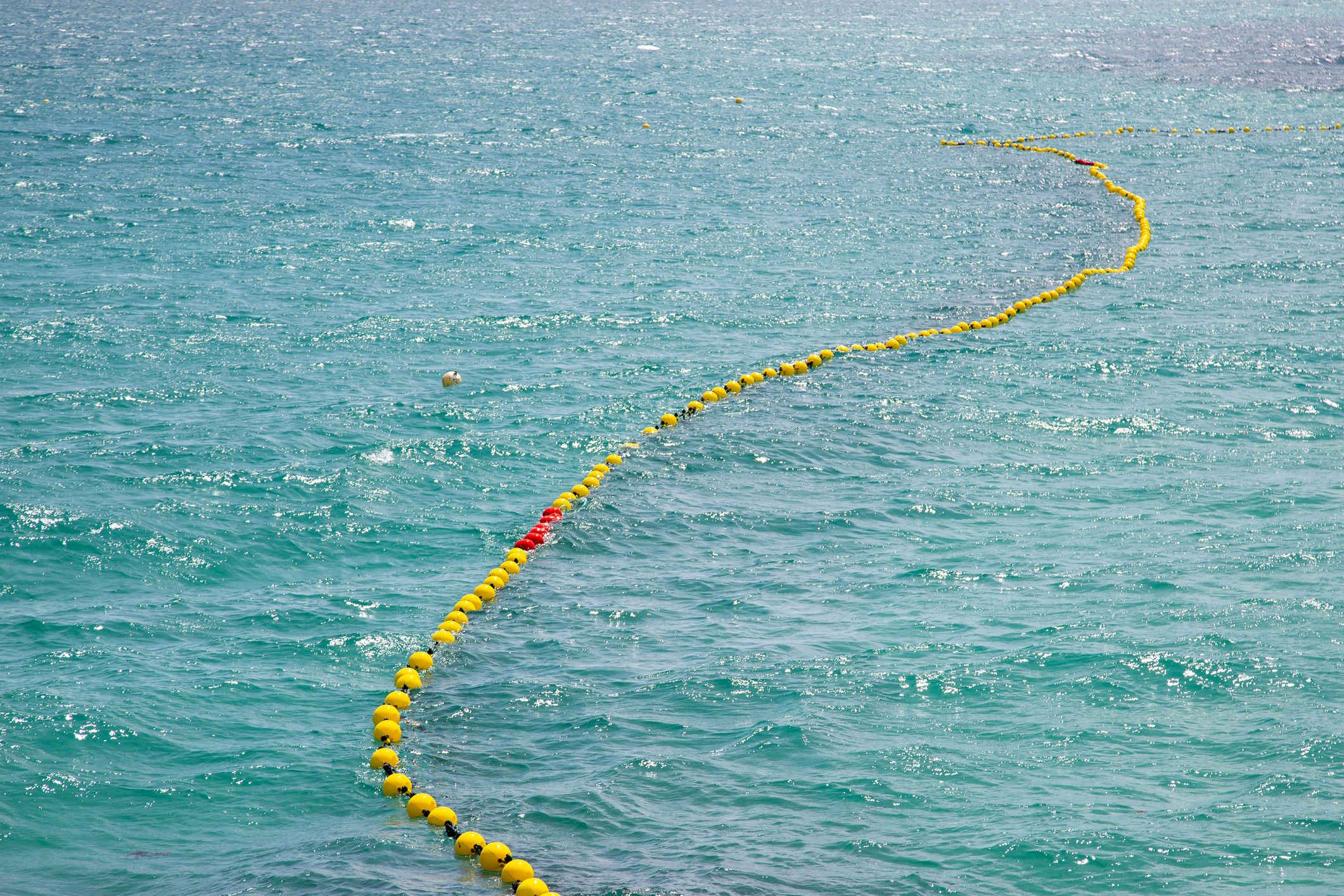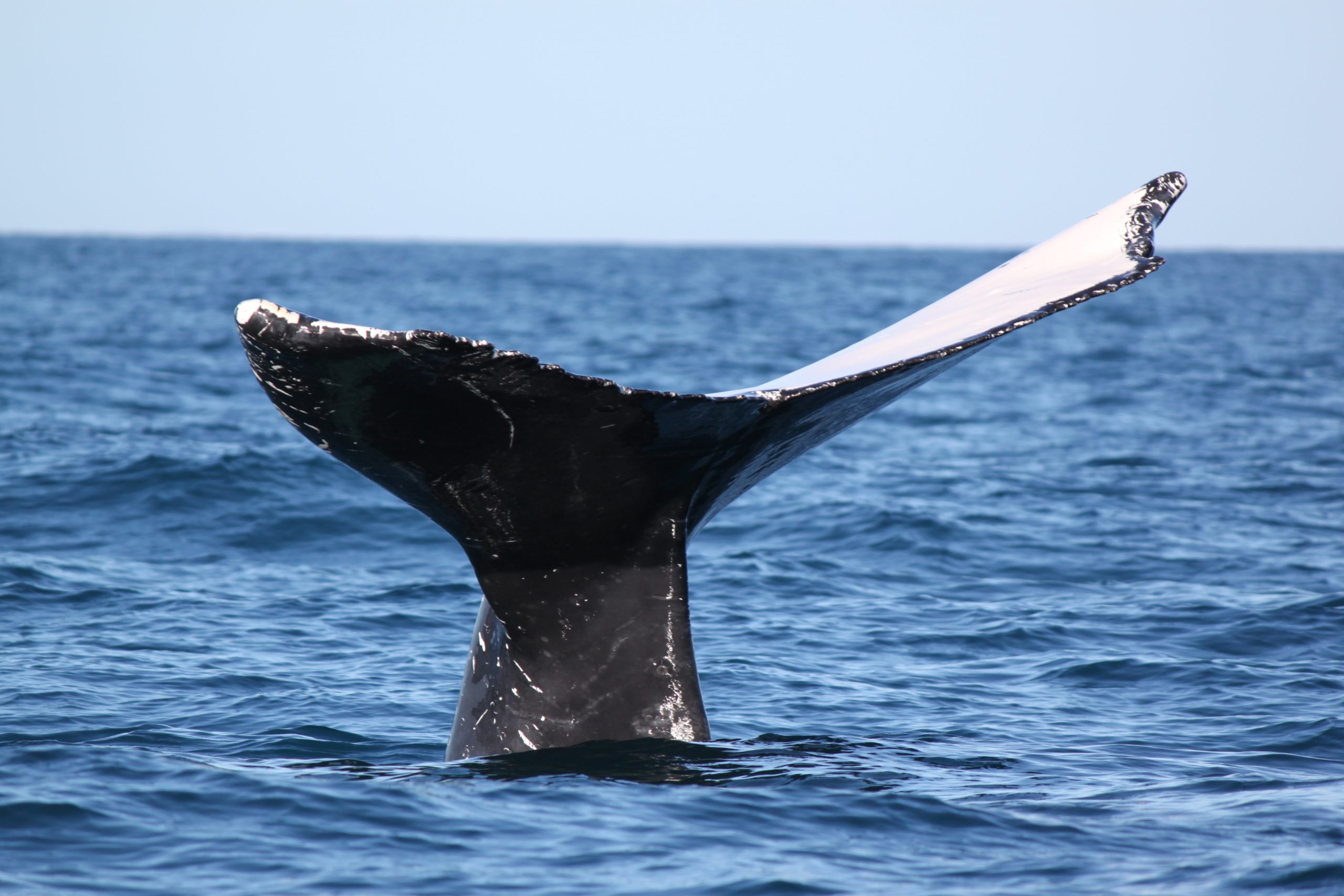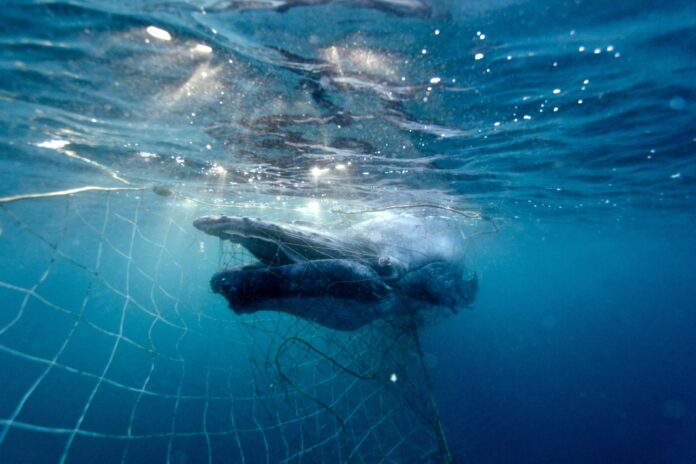The cries of a mama humpback for her tangled calf pierced the pre-dawn sky on a perfectly ordinary spring day at Alexandra Headland recently.
It was distressing, gut-wrenching and so very avoidable.
Some people reported hearing the eerie calls well before midnight.
By the time the Department of Agriculture and Fisheries kicked into gear, the babe was wrapped up like a Christmas bonbon, with the mother swaying, agitated and desperate.
Another calf suffered the same fate in another shark net two days later – this time at Noosa.
Both calves swam off, but marine biologists say that doesn’t mean the depleted, damaged babes will make it to the end of their long voyage south.
The whale migration period is not over yet.
It is unthinkable that more of these gentle giants are likely to suffer unnecessarily before it ends.

Eight were entangled on the Sunshine Coast last season.
Enough is enough: shark nets have got to go.
The intention of shark nets was never to be a safety screen for the people.
How could it be, when they are only 200m long and six metres deep?
They were originally designed to deter sharks from establishing territories, not protect beachgoers absolutely.
Nets offer those who dip and paddle a false sense of security and are 1930s technology.
Where else would we accept outdated safety standards?
Not on the roads, not in our homes and not on our streets, that is for certain.

In southern NSW, where nets are installed only for the warmer months, the calls to get rid of them has become shrill.
Among the naysayers is Waverley Council, which is responsible for Bondi Beach.
These educated, right-thinking councils say there must be better ways to prevent negative human/shark interactions.
And there are: worldwide, the use of drones and the tagging and tracking of sharks have found success.
Shark education programs in person and on social media have broadened awareness.
Sharks move in and out of shared spaces almost always without negative encounters.
When they do bite, it is simply an apex predator choosing the ‘wrong’ food.
QFish data shows that this year, almost 100 creatures have been wrapped up in Coast shark nets so far. Most were no danger to us at all.
Enough.
Let’s get the nets out and the drones up.
Dr Jane Stephens is a UniSC journalism lecturer, media commentator and writer.





